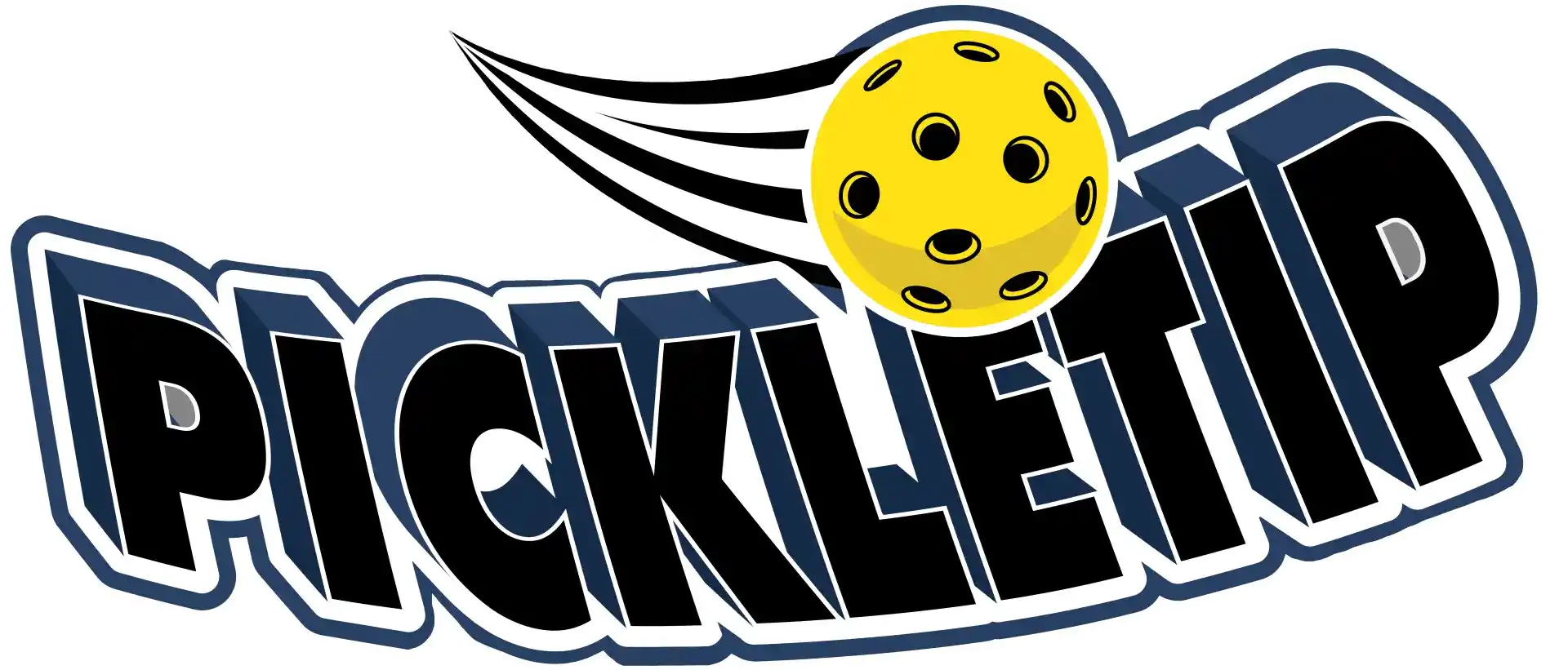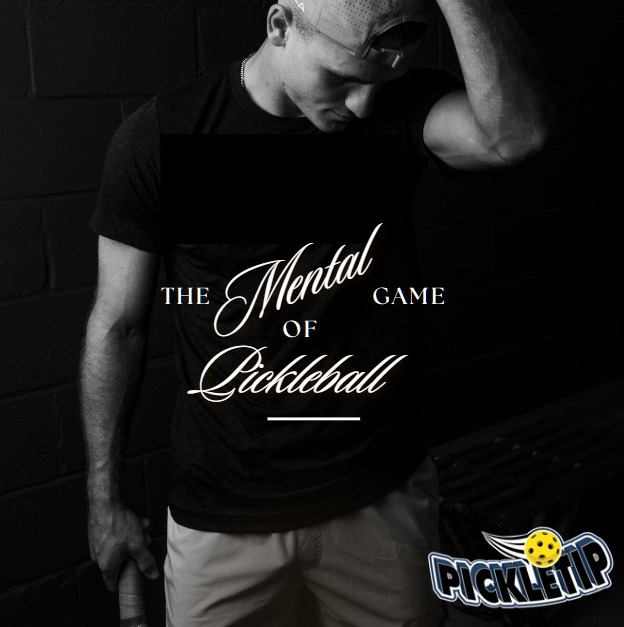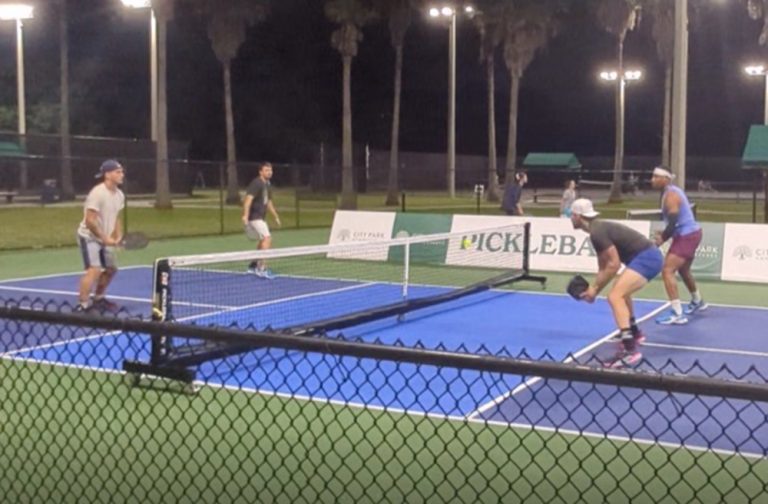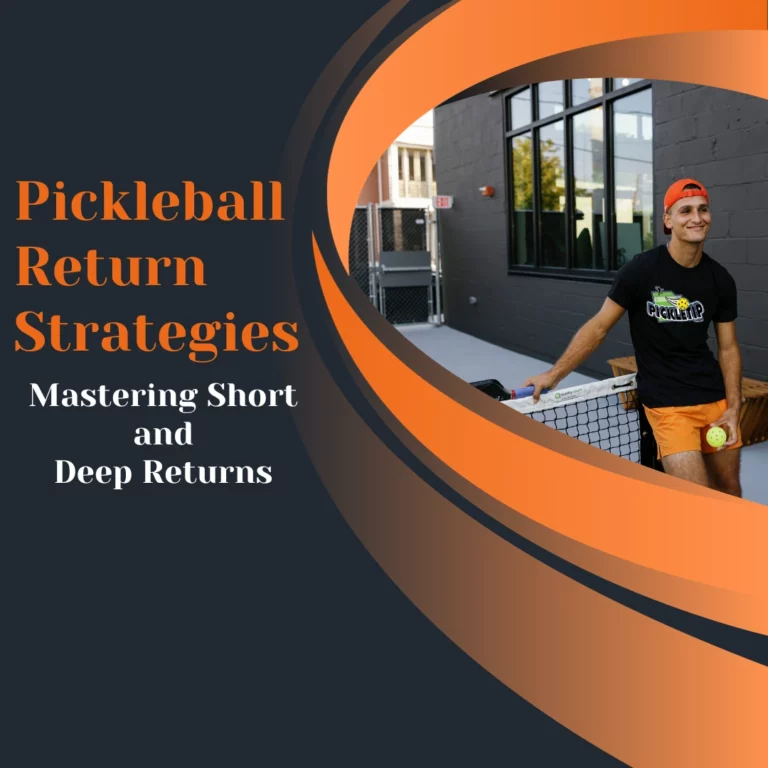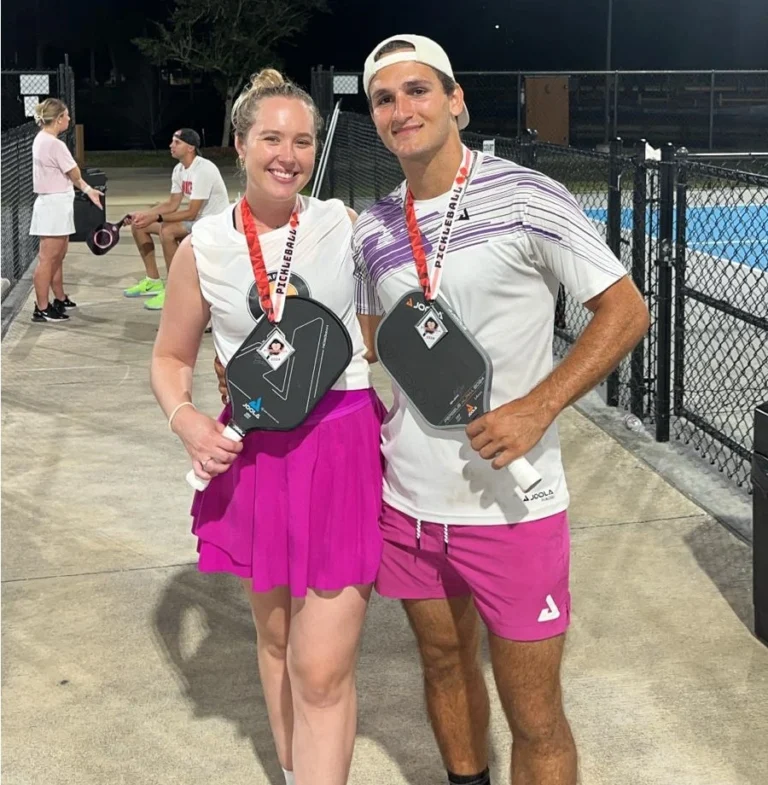Pickleball Practice
Pickleball Practice Drills: From Amateur to Pro
“Pickleball practice makes perfect” isn’t just a catchy phrase; it’s a core truth in pickleball. This article explores how practice drills can elevate your game. Start with the basics, focusing on accuracy before speed. Then, implement drills that challenge both your stamina and strategy. Gradually, increase the complexity of your routines. Regularly include new drills to prevent plateaus and engage with other players to simulate real game scenarios. Set specific goals for each practice session and track your progress. Always remember, consistency is key to improvement. As skills advance, refine even the smallest techniques. Ultimately, aim to practice drills until mistakes become rare. Remember, amateurs practice until they can get it right, pros practice until they can’t get it wrong.
What Differentiates Amateur and Professional Pickleball Players?
- Consistency: Pros ensure their shots are reliable under any condition.
- Mindset: Pros view each session as a chance to improve.
- Technique refinement: Pros obsess over the nuances of each stroke.
- Game Analysis: After each game, professionals analyze their performance, identifying areas for improvement.
- Adaptability: Professionals quickly adapt to different playing styles and conditions, always ready to modify their approach.
How Should You Practice to Play Like a Pro?
Deliberate Practice
Deliberate practice is essential for mastering pickleball at a competitive level. This approach involves focusing intensely on the quality of each practice drill, which is more beneficial than merely accumulating hours of play. Here’s how to incorporate deliberate practice into your training regimen:
- Quality Over Quantity: Prioritize the quality of each drill. Ensure that every practice session has clear objectives and is designed to improve specific aspects of your game.
- Seek Feedback: Regularly obtain feedback from coaches or more experienced players. This feedback is invaluable for recognizing mistakes and areas needing improvement.
- Adjust Techniques: Use the feedback to make precise adjustments to your techniques. This iterative process of tweaking and improving your strokes and strategies is crucial.
- Build Muscle Memory: Repetition is key in deliberate practice. By repeating the correct movements, you develop muscle memory. This allows your body to execute skills automatically, even under pressure, reducing the mental load during critical game moments.
- Focus on Weak Points: Identify areas of your game that are weak and dedicate practice time to improve these specific skills. Turning weaknesses into strengths can significantly enhance your overall performance.
- Mindful Practice: Stay mentally engaged during each drill. Mindful practice helps in better retention of skills and enhances the ability to perform well consistently.
Through deliberate practice, not only do you refine your physical skills, but you also enhance your muscle memory. This ensures that the correct techniques become second nature, enabling you to perform effectively in competitive scenarios.
Structured Routine
A structured routine is pivotal for any pickleball player aiming to improve their game systematically. It involves setting a regular practice schedule and incorporating a variety of drills that target different aspects of the game. Here’s how to effectively implement a structured routine:
- Regular Practice Schedule: Commit to a consistent practice schedule. Whether it’s daily, every other day, or specific days of the week, consistency is key. This regularity helps in building discipline and ensures steady progress.
- Diverse Drills: Integrate a wide range of drills into your routine. Include drills that improve your serve, volley, and groundstrokes, as well as footwork and strategic play. This variety ensures all parts of your game are developed.
- Skill-Level Adaptation: Tailor your practice routine to match your current skill level. As you improve, adjust the complexity and intensity of the drills to continue challenging yourself.
- Time Management: Allocate specific time slots for different types of training within your practice sessions. For example, dedicate certain periods to technical skills, others to tactical skills, and time for physical conditioning.
- Progress Tracking: Keep a log of your practices and outcomes. Note what works and what doesn’t, and how your skills are evolving. This will help you refine your routine over time based on actual results.
- Rest and Recovery: Incorporate adequate rest periods and recovery days in your routine to prevent burnout and injuries. Rest is just as important as practice in achieving long-term improvement.
- Game Simulation: Occasionally, simulate match conditions to test how your skills hold up under pressure. This can include playing practice matches against opponents or setting up specific game scenarios.
By maintaining a structured routine, you ensure that every aspect of your game receives attention, and you create a balanced approach to training that can lead to consistent improvement and success on the court.
Mental Toughness
Mental toughness is a critical component of pickleball, enabling players to maintain peak performance under pressure. Developing this aspect involves specific practices that strengthen your mental resilience and enhance your ability to handle competitive stress. Here’s how to cultivate mental toughness through your training:
- Simulate Match Scenarios: Regularly simulate real match scenarios in your practice sessions. Set up games that mimic the pressure of tournament play, such as playing against stronger opponents, or starting a game with a score deficit. This helps acclimate you to high-pressure situations and teaches you to stay calm and focused.
- Visualize Success: Spend time visualizing successful plays and game-winning scenarios. This mental rehearsal should include imagining yourself overcoming difficult situations, executing perfect shots, and responding positively to setbacks. Visualization helps reinforce neural pathways associated with success and builds confidence.
- Focus Drills: Incorporate drills that improve your concentration and focus. For instance, practice maintaining your focus while external distractions are introduced, such as loud noises or interruptions. This trains you to stay focused amidst the chaos of a real match.
- Stress Management Techniques: Learn and apply stress management techniques such as deep breathing, mindfulness, or progressive muscle relaxation. These techniques can help lower anxiety levels before and during games, allowing you to play with a clear mind.
- Emotional Control: Practice maintaining your composure after making errors or facing unfavorable calls. Set up drills where you intentionally face setbacks and practice responding calmly and strategically, instead of reacting emotionally.
- Setback Recovery: After a challenging practice session or a loss, focus on constructive analysis rather than dwelling on the negative. Identify lessons learned and immediately plan how to apply them in the next session, reinforcing a mindset of continuous improvement.
- Resilience Building: Challenge yourself regularly with difficult drills or by playing against better opponents. This not only improves your skills but also builds resilience as you learn to cope with and overcome challenges.
By strengthening your mental toughness through these practices, you can significantly enhance your ability to perform under pressure, maintain your composure, and execute your game plan regardless of the circumstances.
Common Questions About Pickleball Practice
Q: How often should I practice pickleball to improve?
A: Aim for a minimum of three times per week, with each session lasting at least one hour.
Q: What are the best drills for improving pickleball skills?
A: Focus on serve accuracy, volley consistency, and footwork. Play against better opponents and study youtube videos to learn.
Q: Can I practice pickleball alone?
A: Absolutely! Solo drills, such as serving against a wall, are excellent for honing skills.
Pickleball Practice Drills
Transitioning from an amateur to a pro isn’t just about time on the court; it’s about how you use that time.
Ready to level up your pickleball game? Embrace the practice habits of a pro, and drill until you can’t get it wrong. Share your drilling routines with us.
